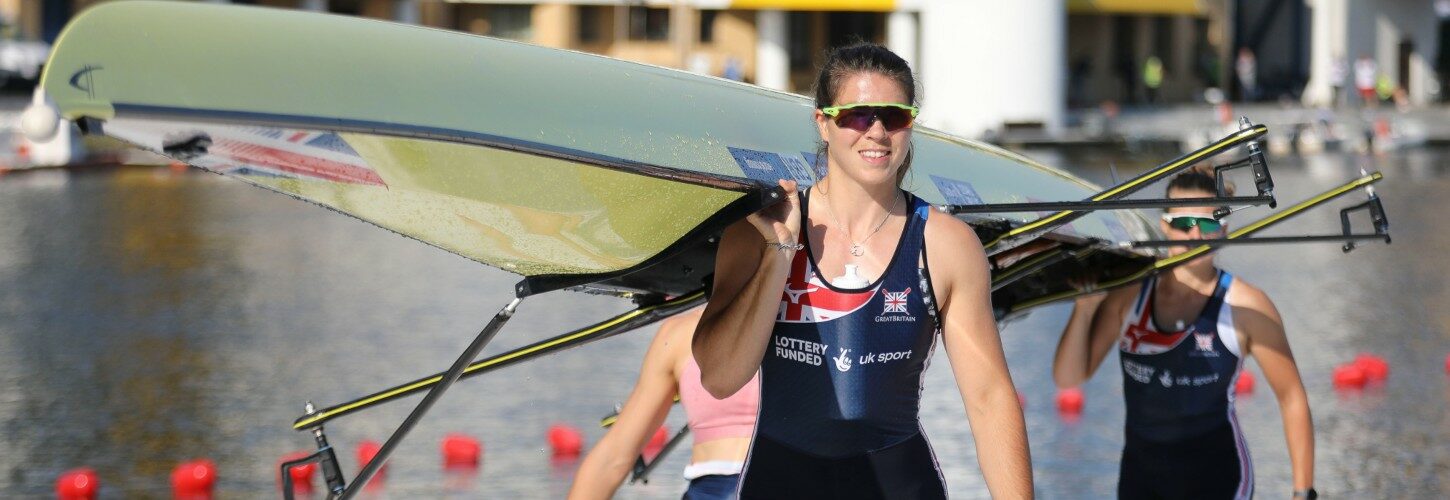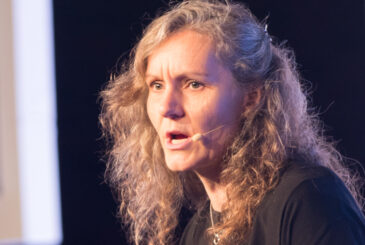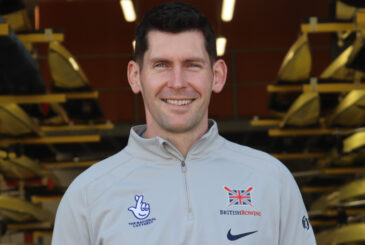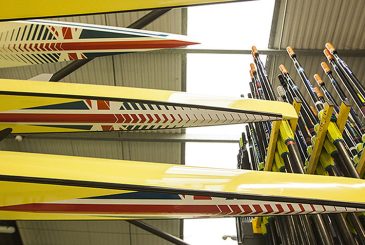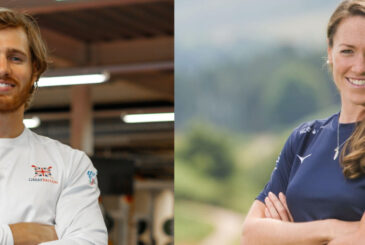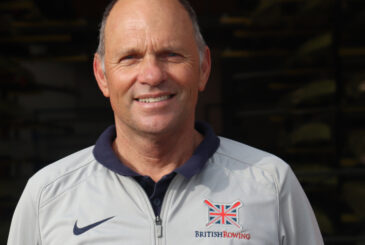Beccy Muzerie is racing in the GB women’s eight this weekend. She shares her thoughts on how she manages the stress of team selection
Selection is brutal. It never works out well for everyone. There is always someone who is overjoyed, and someone who is distraught. Someone whose dreams have come true, someone who feels like the floor has dropped beneath them.
This is hard in a close-knit team where you train alongside each other day in, day out. Even if you get the seat you wanted, you live the highs and lows of your friends alongside your own emotional experiences.
The actual discussion around who sits in what boat is not something we as athletes have a role in. To be honest, I am thankful for that as those are not easy decisions.
“I have learnt to manage the stress of competing against my friends by keeping my focus internal”
Our job as athletes is to put our best performances out there to give ourselves the best chance of being selected, and the coaches the best chance of putting the fastest crews together. But doing the best you can when it comes to that day of testing is sometimes easier to say than to do.
I have learnt to manage the stress of competing against my friends by keeping my focus internal. I like to think of this as ‘the art of not estimating’, by which I mean not predicting what the results of racing might be. It is a waste of time and energy, and no one ever gets it totally right.
On the GB Rowing Team, we do timed pieces against each other on a frequent basis. The timesheet comes out at the end of training every Saturday showing who was fastest and where we all stack up against each other. But racing and performance pressure brings something different out of people.
“It is vital to give your teammates the respect they deserve, to race them as if you know nothing about how they perform in training”
By taking the fact that someone has beaten you in training pieces to mean they are going to beat you in racing, you may well be overestimating them and underestimating your own capability. By not trying to beat them you do both yourself, and them, an injustice. And, conversely, by assuming that you have beaten someone in pieces, so therefore you will be faster than them on race day, means you may well underestimate their speed, and overestimate yourself which can lead to complacency.
It is vital to give your teammates the respect they deserve, to race them as if you know nothing about how they perform in training. And I do this by focusing on what I can do to make my own boat as fast as possible.
A bigger selection pool than the number of available seats can sometimes feel cruel as an athlete but is totally vital for a team to flourish and succeed in putting together the fastest boats possible. It is a hard reality of sport.
We need to keep reminding ourselves that we are a team and treating each other as valuable individuals, even on the most stressful of days. If we give our best each day, for each race and for each stroke, then even if the outcome doesn’t match our dreams, we can still be proud of what we achieved.
Photo: Nick Middleton


